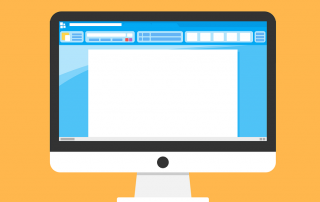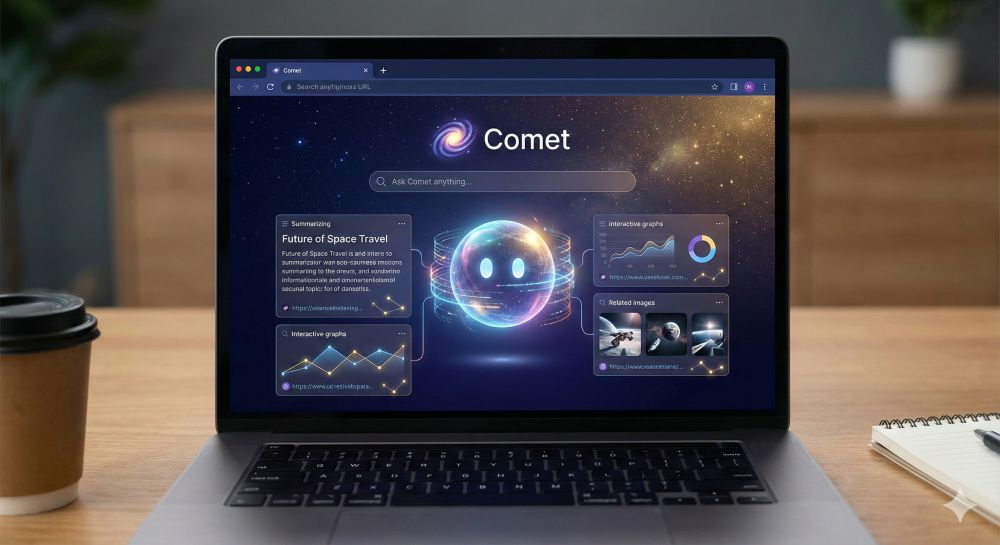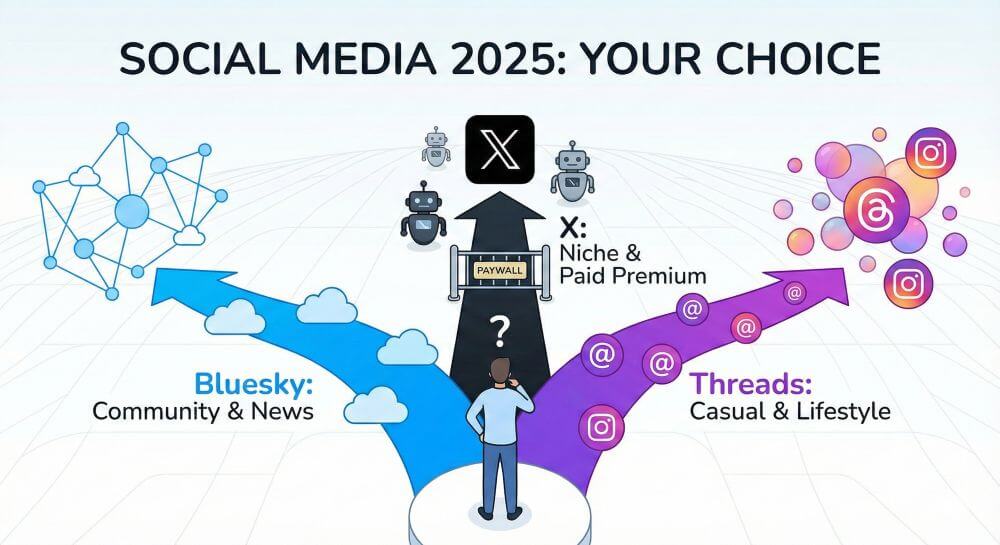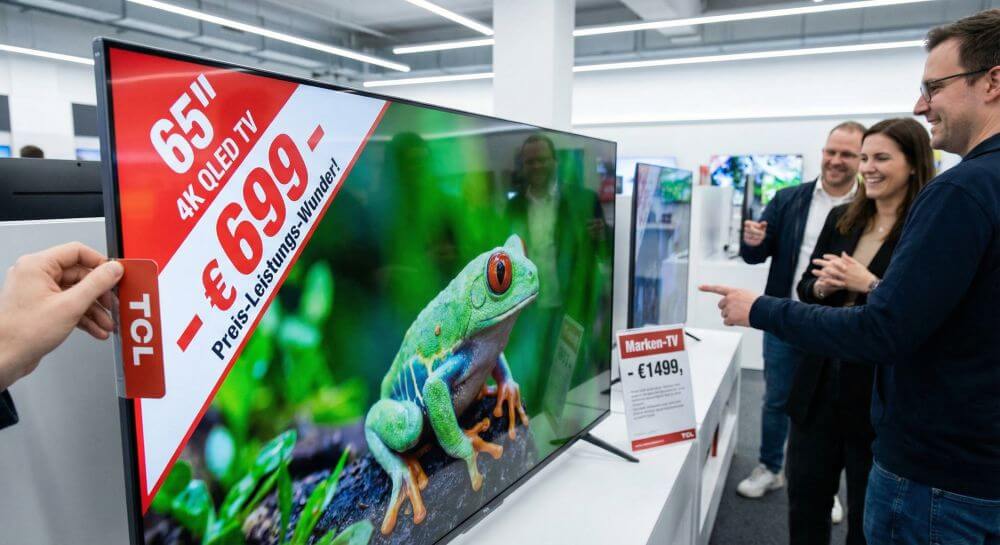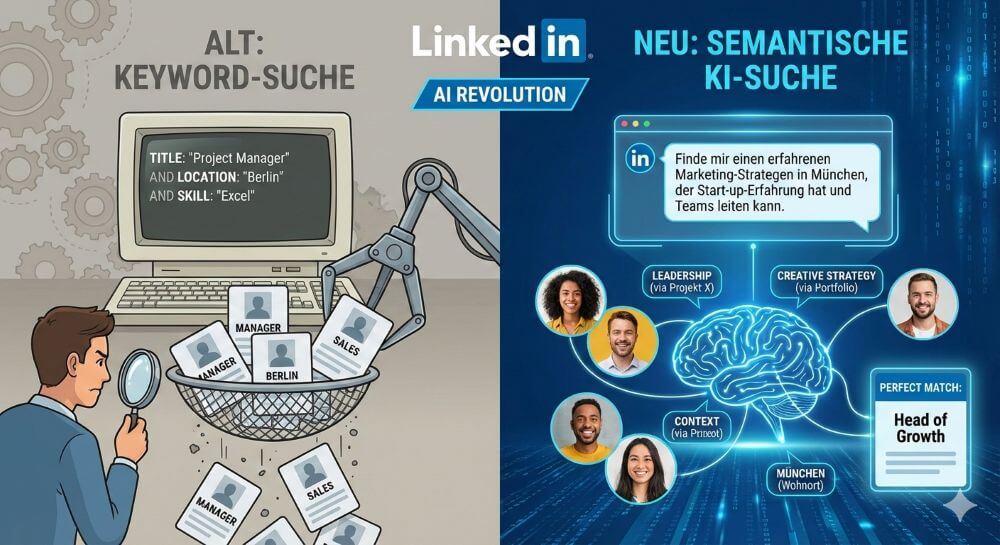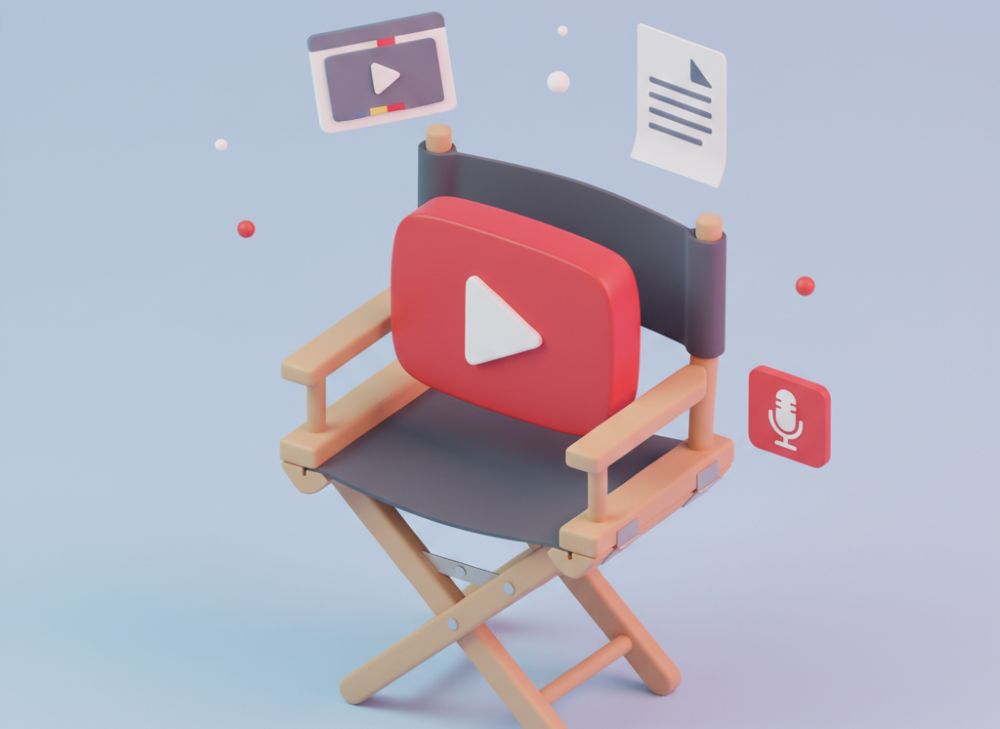Why Netflix, Amazon & Co. are now charging us double
It was the great promise of the streaming revolution: uninterrupted entertainment, whenever you want. But that promise is crumbling before our very eyes. Instead, we’re witnessing the return of the very model we were trying to overcome—and we’re paying premium prices for it.
Remember the moment you canceled your cable TV subscription? The main reason was often not just the price, but the sheer unbearable nature of the constant commercials. Netflix and the first streaming services were a liberating breakthrough: a fair monthly price for uninterrupted enjoyment.
That era is officially over. The streaming giants have discovered a new, far more lucrative source of revenue—and the customer is getting doubly disadvantaged in the process.
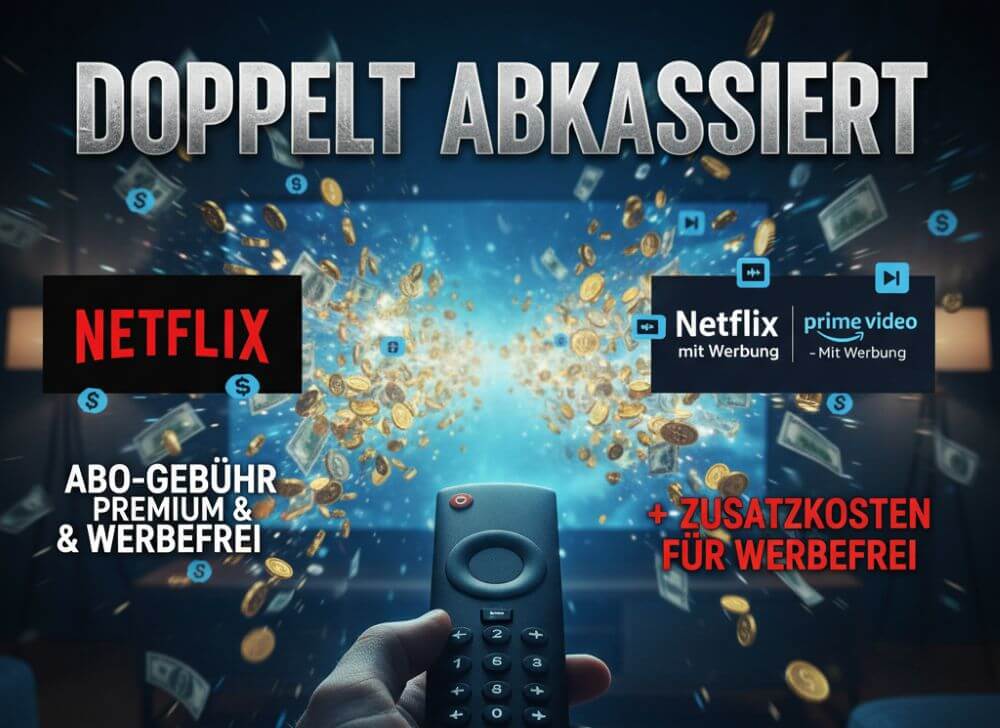
The turning point: Amazon’s audacious move
Amazon took its most aggressive step in early 2024. Instead of introducing a new, cheaper advertising plan, the company chose the opposite approach: All existing Prime Video customers—who already pay for the Prime service—were forcibly switched to an ad-supported plan.
Those who want to continue watching ad-free have to pay an additional €2.99 per month.
This isn’t a price reduction for bargain hunters; it’s a hidden price increase for everyone who wants to maintain the status quo. Amazon has thus devalued the established Prime subscription overnight. Customers now pay for the privilege of not seeing ads, in addition to the cost of a subscription that was once ad-free.
The salami tactic: Netflix and Disney+ follow suit
Netflix and Disney+ were more subtle, but no less consistent. They introduced “basic plans with ads” that were cheaper than their ad-free counterparts. At first glance, this seems fair: those who want to save money accept advertising.
But the reality is different:
- The “standard” subscription is becoming unattractive: the ad-free plans have been massively increased in price at the same time. The “standard” plan (ad-free, Full HD) is being made so unattractive price-wise that new customers are psychologically pressured into the cheaper ad-supported subscription.
- Hidden downgrades: The Netflix ad-supported plan not only lacks content (due to licensing restrictions), but also features like downloads.
- The shift in the norm: Netflix is now pushing the ad-supported subscription as its new “standard” product. The goal is clear: Advertising revenue per user is often more valuable to corporations than the pure subscription fees.
The broken promise: We are now paying double.
The feeling of being “cheated” that many customers experience is justified. We are moving towards a system that combines the worst of both worlds:
- We pay a monthly subscription fee (like with old pay TV).
- And yet we still get commercial breaks (like with old free TV).
The industry cynically calls this a “hybrid model.” For customers, it’s simply “double-dipping.” Uninterrupted binge-watching, once the core argument for streaming, is becoming an expensive luxury upgrade that has to be purchased in addition to the basic fee. The revolution is devouring its own children—and sending us the bill.
Beliebte Beiträge
Header and footer in Word – First page different in Word
How to make headers different on the first page than on the rest of the pages. Also create custom footers in Word for your documents.
Clean up Excel spreadsheets
It is very easy to use Excel tables created without a system and still get usable data from them with a few tricks.
Insert and edit header and footer in Excel
Inserting a header and footer in Excel is far from user-friendly. We show ways and workarounds how you can do it anyway.
Concatenate text and date in Excel – Tutorial
Concatenating text and date in Excel requires a combination of two functions. We use a practical example to explain how it can be used.
Create and save your own text modules in Word
Create your own text blocks in Word, save them and quickly add ready-made text and graphics to your documents.
Data Queries in Excel – Works with Power Query
So erstellen Sie aktive Datenabfragen durch Power Query aus verschiedensten Quellen in Excel, führen Daten aus verschiedenen Dateien und Tabellen zusammen.

